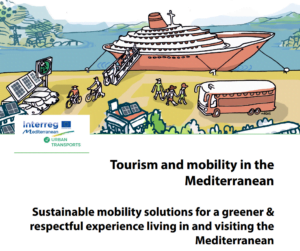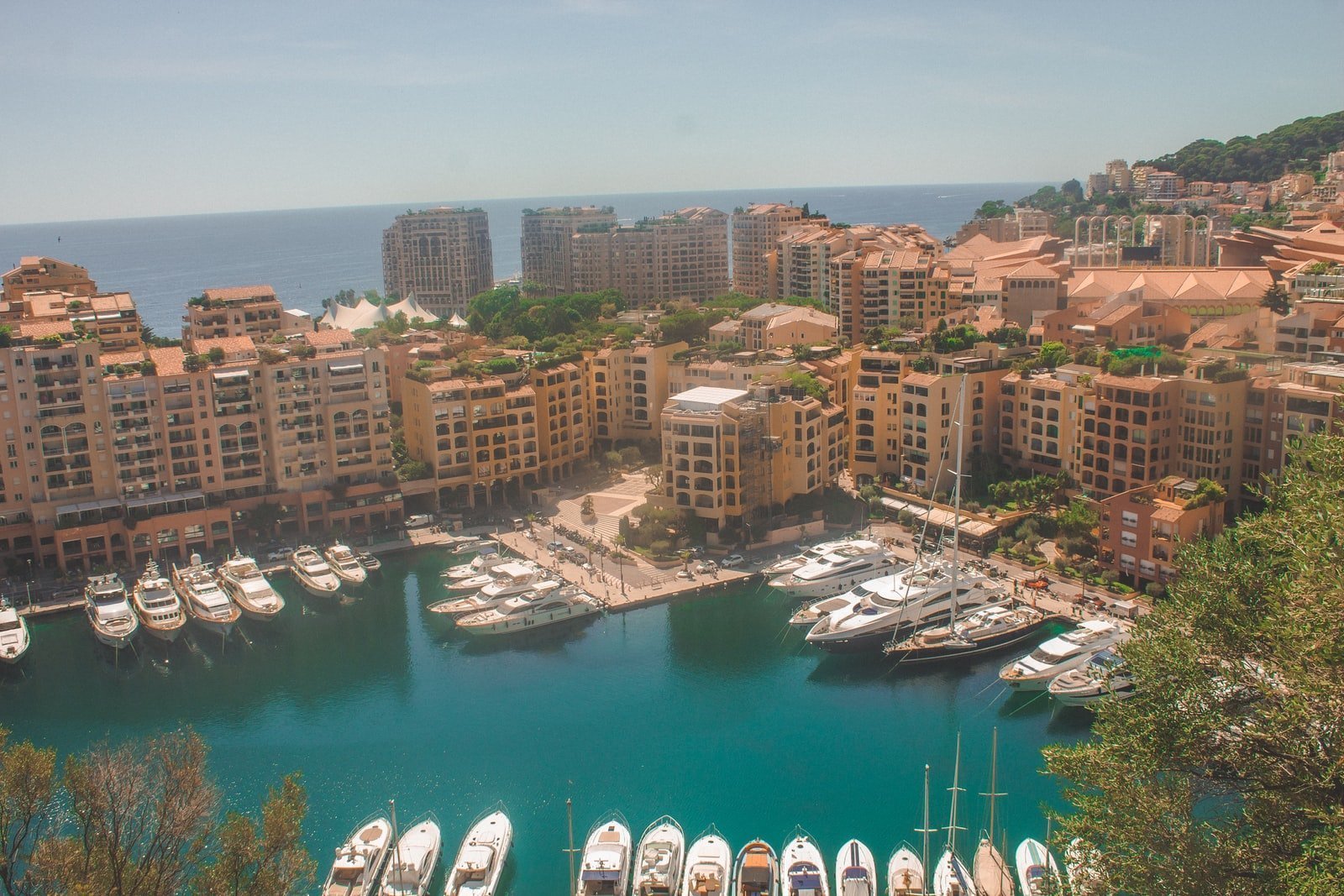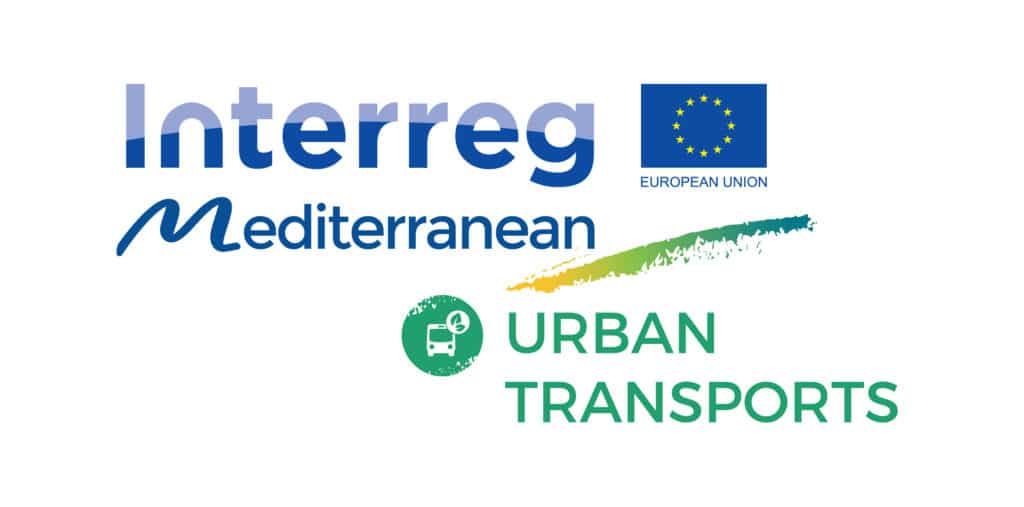Urban Transport Community shares policy brief on sustainable tourism and mobility in the Mediterranean
The tourism sector is one of the fastest-growing sectors in the global economy and, as such, will continuously exert pressure on local mobility systems, with seasonal effects. This issue takes particular importance in the Mediterranean, a famous touristic destination with sandy beaches and calm waters. Measures and policies are needed to ensure that exponential touristic growth is supported by resilient and sustainable urban mobility systems.
 The Urban Transport Community’s initiative has released its second policy brief addressing the matters of tourism and mobility in the Mediterranean by drawing up policy recommendations to promote sustainable mobility solutions for a greener and respectful experience living in and visiting the Mediterranean.
The Urban Transport Community’s initiative has released its second policy brief addressing the matters of tourism and mobility in the Mediterranean by drawing up policy recommendations to promote sustainable mobility solutions for a greener and respectful experience living in and visiting the Mediterranean.
Tourism and mobility cannot be detached from each other, they must be considered interdependent phenomena. Therefore, there is a claim to match strategies and programmes to pursue an integrated common agenda for sustainability and green development at all political levels.
The second Urban Transport Community Policy Brief sets the basis for building this common agenda by identifying the main trends, challenges and goals regarding tourism mobility in Euro-Mediterranean regions and urban areas. The brief highlights a broad agenda of political recommendations at the local, regional, state and EU levels. These are backed up by some of the most relevant good practices from the Urban Transports Community.
Interested in reading the Policy Brief?
You can download it here!
About UTC:
The Urban Transport Community (UTC) is an Interreg MED initiative and aims to promote innovative solutions for sustainable mobility in the territories of Mediterranean Europe. The Interreg MED Programme is a transnational European Cooperation Programme for the Mediterranean area. It is co-financed by the ERDF (European Regional Development Fund), an instrument of the EU regional policy and its new programming period.

